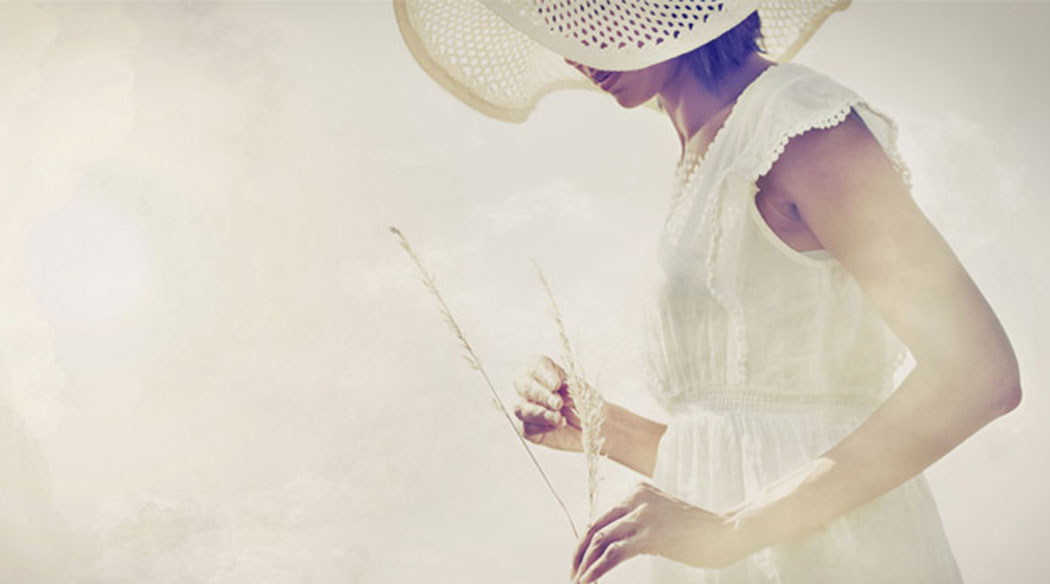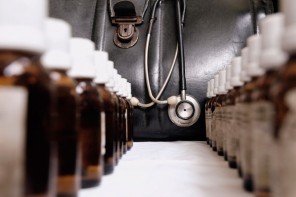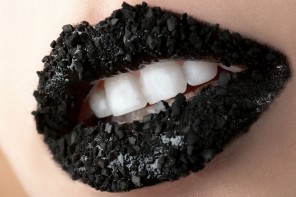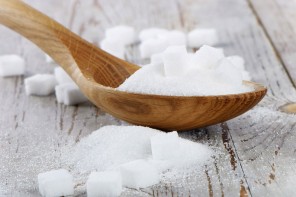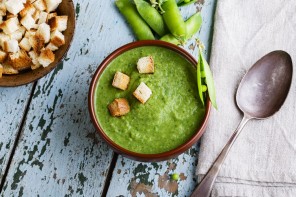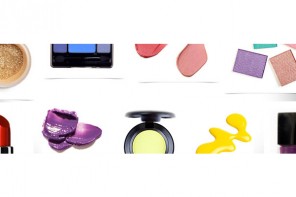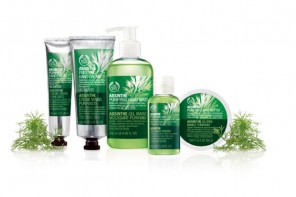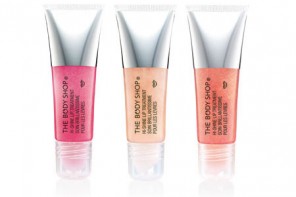If you’re gluten-intolerant, you know the importance of staying away from foods that contain this protein. Symptoms of a gluten allergy can include various ailments, such as fatigue, bloating, heartburn, rashes, and even depression. However, does this mean that your beauty products should also jump on the anti-gluten bandwagon?
Why is Gluten in Make-Up?
In food, gluten is the ingredient that helps to make dough stretchy and strong – think of those cushiony pizza bases or soft and plump baked goods. In cosmetics, ingredients can be derived from wheat, such as Vitamin E from wheat germ oil that finds its way into products such as sunscreens and moisturisers.
Skin and Gluten
If you’re gluten-intolerant and there’s a gluten ingredient lurking in products that you put on your skin, experts say this should not be a problem because gluten does not get absorbed into the body via the skin – its molecules are too small. However, be sure not to apply it to broken skin!
If you use gluten products on your skin and you do experience a reaction, it’s a must to consult with your doctor or dermatologist. Sometimes people experience allergic reactions to grains such as wheat (not necessarily gluten) that show up as skin symptoms.
Too Close for Comfort
Gluten in cosmetics poses a greater danger if the products are on your lips. Although you don’t consume your lipsticks, glosses and balms, they can still get into your mouth. When you drink or eat, you might be consuming a bit of them. It can also happen when you bite or lick your lips during that stressful chat with your partner or work presentation.
Gluten can also find its way into your mouth if you use concealer or powder on skin surrounding your lips, or you touch a skin product and then touch your lips.
It’s not just your lips, though. Mascara or eye liner can flake off and end up in your eyes, so make sure these are gluten-free.
How to Spot Gluten
Your best bet is to choose gluten-free make-up products, however you should take a look at ingredients lists. And no, they probably won’t say ‘gluten.’ Sneakily, they’ll be written as other, sometimes seemingly harmless, names. The ones to avoid are: wheat, barley, malt, oat, rye, hordeum vulgare, secale cereale, avena sativa, and triticum vulgare.
Image credit here

